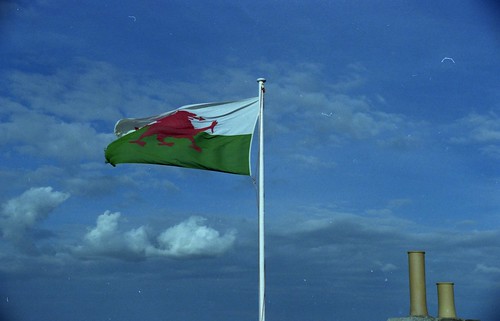 Back in 1851, a few streets away, the clerk has just met a branch of my Welsh family. Here it is not just a matter of understanding what the foreigners are saying, but rearranging a whole naming convention. Hereditary surnames came late to Wales and they were still getting used to the whole idea.
Back in 1851, a few streets away, the clerk has just met a branch of my Welsh family. Here it is not just a matter of understanding what the foreigners are saying, but rearranging a whole naming convention. Hereditary surnames came late to Wales and they were still getting used to the whole idea.
Until the English imported the concept, in order to maintain their own records, individuals tended to be identified by their given name and something particular to them, like the relationship with one of their parents.
"Your name please?"
"Sion ap Rhys." In his lilting Welsh accent, the words rolled together like a song.
The clerk stared. That didn't even sound like a proper name. "In English please."
Since the days of the Tudor kings, successive laws had tried to stamp out the Welsh language. Even monoglot Welsh speakers would have been told their English name by exasperated landlords and vicars. "John." This was the Anglicized form of Sion.
"Your surname please."
This was tricky. He was Welsh. He didn't technically have one. But back home, there had been a lot of people called Sion. It was the most common male name in the country. He was distinguished from every other Sion in the village by adding his father's name - 'ap Rhys' meant 'son of Rhys.' Unfortunately no-one had ever told him what that was in English.
"Erm, son of Rhys?"
The clerk was tired. Elsewhere he had got around this issue by simply adding a nice English patronymic. All of the 'ap Sion' men had become 'Jones'. With the Welsh emphasis on the first syllable, it had worked better than 'Johnson' or 'Jonson'. But he didn't have a clue either about this Rhys word. It all sounded way too distastefully Welsh.
"Say it in your tongue again."
"Ap Rhys."
There was an English word somewhere in the phonetics. The clerk duly entered 'Sion ap Rhys' as 'John Price'. Elsewhere, his colleagues were busily turning 'ap Ragnel' into 'Prangnell', 'Pragnell' 'Pringle' and 'Pangnall'. They were doing the same to a lot of other names.
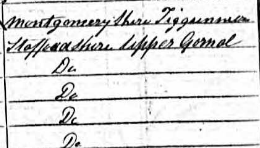
Of course, they also had to enter the place of birth. Tiggunnernon was what the clerk in 1871 heard my great-great grandmother say.
It wasn't a bad guess for the spelling of Tregynon. He did better than the man who interviewed her father. He gave up completely and merely wrote 'John Jones, Wales'.
If you know or suspect that your family once hailed from a different culture, then it can help greatly to research the naming conventions in that country. Even today, they are not standard across the world and, in the past, there were many more besides.


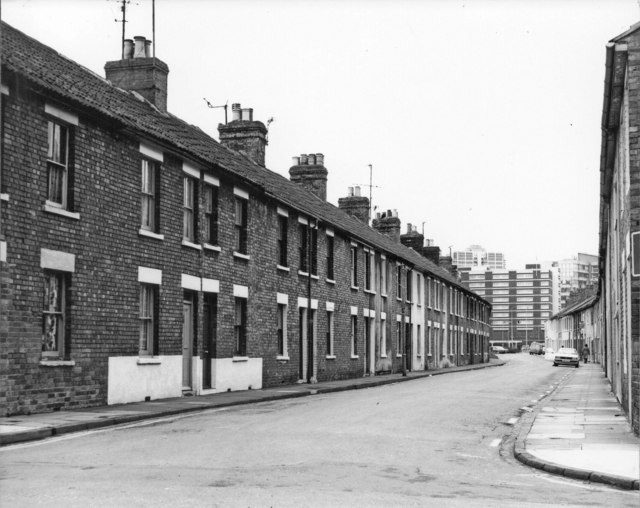 It is March 30th 1851 and a small army of middle-class men have a long day ahead. They have been given maps and a hard bound ledger book. Their mission is to enter the warren of back to back houses and take the English census. They have to. It's the law.
It is March 30th 1851 and a small army of middle-class men have a long day ahead. They have been given maps and a hard bound ledger book. Their mission is to enter the warren of back to back houses and take the English census. They have to. It's the law.


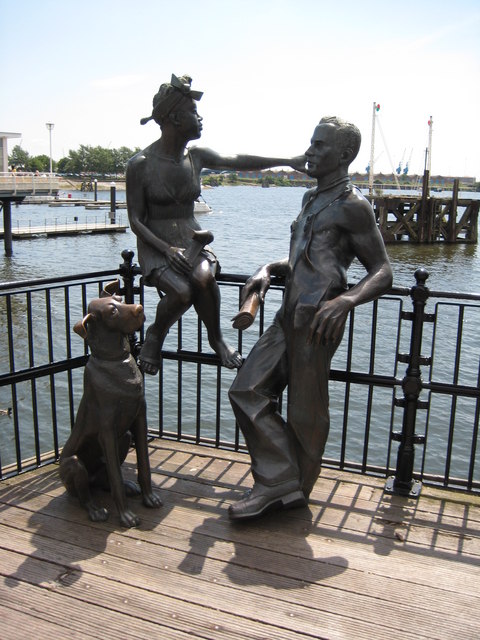 "I'm sorry, could you repeat that?" The well-dressed, beautifully spoken clerk asked my ancestor.
"I'm sorry, could you repeat that?" The well-dressed, beautifully spoken clerk asked my ancestor.


 Back in 1851, a few streets away, the clerk has just met a branch of my Welsh family. Here it is not just a matter of understanding what the foreigners are saying, but rearranging a whole naming convention. Hereditary surnames came late to Wales and they were still getting used to the whole idea.
Back in 1851, a few streets away, the clerk has just met a branch of my Welsh family. Here it is not just a matter of understanding what the foreigners are saying, but rearranging a whole naming convention. Hereditary surnames came late to Wales and they were still getting used to the whole idea.

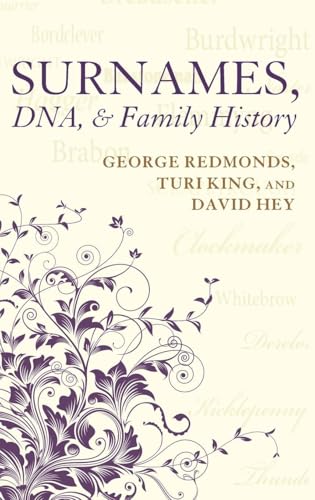





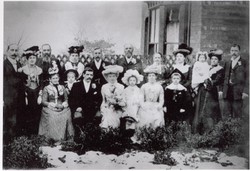

 St Tydecho's Churches in West Waleson 09/03/2014
St Tydecho's Churches in West Waleson 09/03/2014
 Goodies for an Outlander Premiere Partyon 03/06/2015
Goodies for an Outlander Premiere Partyon 03/06/2015
 Holocaust Memorial Day Interview with Rainer Höss, Grandson of Rudolf Architect of Auschwitzon 01/24/2015
Holocaust Memorial Day Interview with Rainer Höss, Grandson of Rudolf Architect of Auschwitzon 01/24/2015
 Romantic Valentine Gifts for an Outlander Fanon 01/16/2015
Romantic Valentine Gifts for an Outlander Fanon 01/16/2015

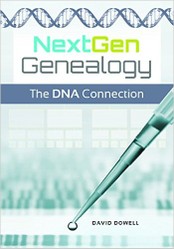
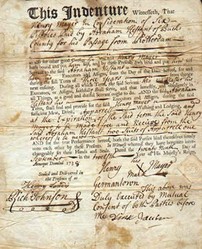
Comments
This is the first time that I've come across Hilvers, as a surname or anything else. Have an unusual surname can be a blessing though. It means that whenever you come across it in the records, there's a high probability that you have found a relative.
Of course, then the trick is to find out from what the surname was formed. That can be difficult, but you're well on your way there.
I visited Ellis Island once, where I learned that many people entering America asked for American names. They specifically changed their names to signify a new life; and they wanted to fit in there. Your family might have done the same. It's worth checking the Ellis Island records for anyone called Hilversum from Holland.
Nice heritage there!
Sorry, that should be Hilversum, Holland. :D
I don't know if it counts as a bizarre misspelling, and I didn't have to do a lot of digging to figure this out, but my last name--Hilvers-- would often get comments from school teachers and the like about how different it was. That was a comment that always confused me, it was easy enough to pronounce, and I'd heard some very strange surnames in my day, so why did I always get comments like that?
Finally I asked someone after they made that comment and they said I had a plural last name, and that it just wasn't something you came across very often. When my dad informed me that my ancestors had founded Hilversom in Holland, I realized at some point for some reason my name had been shortened to what it is now. I know in the US immigrants names would get shortened a lot because whoever was recording them didn't want to write that much, or changed all together because it was too hard to understand, so maybe that has something to do with it.
I don't actually know much else about my paternal lineage, but I have a book that an aunt put together, which just has so much information about my family lineage from my mom's side of the family. I know I have a lot of Oakie in me, I'm apparently part Indian (Cherokee I think? I have to recheck). I'm related to Meriwether Lewis of the 'Lewis and Clark Expedition.' I also have photocopies of the journals, some newspaper clippings, various records, receipts, etc. from family who were pioneering the West. This book is probably one of the coolest things I own. I want one for my dad's side of the family.